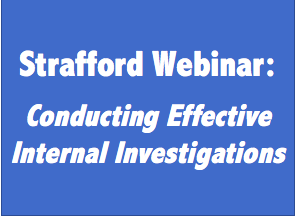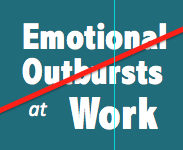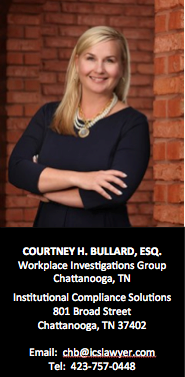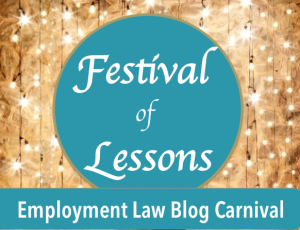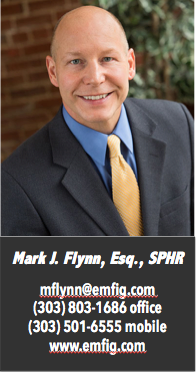 I remember shortly after joining the in-house legal team at a Fortune 500 company 20+ years ago, a co-worker taking me to lunch and saying, “don’t trust HR; they are the company spies.”
I remember shortly after joining the in-house legal team at a Fortune 500 company 20+ years ago, a co-worker taking me to lunch and saying, “don’t trust HR; they are the company spies.”
Over the years as I built a career in corporate compliance and independent investigations, I’ve thought a lot about that comment and the importance of employees trusting their leaders – especially HR. If the allegations contained in the Sports Illustrated article “Inside the Corrosive Workplace of the Dallas Mavericks” are accurate, because Mavericks employees didn’t trust HR they refrained from reporting concerns about sexual harassment and workplace misconduct.
To state the obvious, an organization cannot investigate and address alleged harassment or misconduct it doesn’t know about. So, how does an organization create a culture of compliance where employees trust HR and management enough to report their concerns internally so that the company can address those concerns? Here are 6 tips.
6 Tips to Increase Employee Trust and Encourage Internal Reporting
- Humanize the reporting experience. Selection of the person(s) who will receive employee concerns is critical. Approachability and accessibility are key components of procedural fairness, particularly when an employer may already be viewed as intimidating or formidable. Intake personnel should be marketed with professional pictures and bios, including languages spoken, that present them as trustworthy and engaging.
- Explain what you’re doing and why. For many employees, raising a concern may be a traumatic event. The jargon of procedures can intimidate, confuse, and overwhelm employees or heighten fears of retaliation, pushing employees into the arms of government agents, union stewards, and the Plaintiffs Bar. Know that your “competition” (i.e. the Plaintiffs Bar, government agencies and union stewards) uses simple, explanatory terms that are inviting. So should you. Further, reassure reporting employees that retaliation is prohibited for raising a concern in good faith.
- Manage expectations. If an investigation is warranted, explain how the investigator will be selected and the anticipated timing of the investigation. Establish a process that provides the reporting employee periodic “updates” that assures them that their concern is receiving appropriate attention, even though details may not be part of these updates.
- Carefully select a well-trained and neutral investigator with strong communication skills. Research shows that the trustworthiness of the investigator, as perceived by the reporting employee, is critical to whether the reporting employee believed the investigation was procedurally fair. When communicating with witnesses, the investigator must establish a professional degree of rapport through verbal and non-verbal communication, a relevant set of questions, and appropriate responses to witness reactions such that competence of ability is demonstrated, respectfully.
- Close the loop with the reporting employee, accused and any witnesses interviewed. “Closing the loop” with everyone who participated in the process is a critical step. Closing the loop means that participants are thanked for their participation, informed that the investigation concluded, and assured that appropriate measures were taken based on the results (the degree of detail may vary based on each situation and confidentiality concerns). This debrief is a “marketing” effort directed at company employees to reinforce the credibility of the process, assure employees that policies are followed consistently, and demonstrate that concerns are taken seriously without the need for involving external resources outside the company.
- “Market” your reporting and compliance programs. Develop a communication plan and consider periodically sharing high level and appropriately sanitized summaries of compliance investigations and/or the types of numbers of reports being received that is appropriate for shareholders, employees, and executive leadership.

